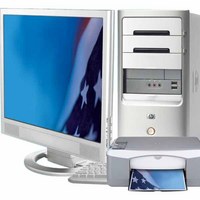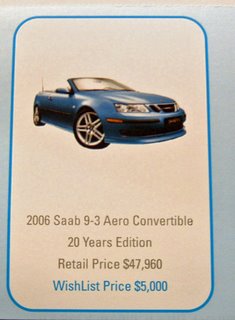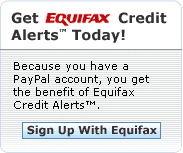By Janet Paskin, MONEY Magazine
May 9, 2006: 2:58 PM EDT
NEW YORK (MONEY Magazine) - Getting out of debt, says behavioral economist Meir Statman, "is the financial equivalent of trying to quit smoking."
Good intentions alone aren't enough. To kick either habit, you need to break your underlying patterns of behavior.
Elect plastic surgery
You don't have to literally cut up your credit cards, but you must stop using them routinely if you're serious about paying off your balances.
1. Go green For everyday spending, carry around a set amount of cash to use each week. You will find that you make better purchasing decisions when you actually have to fork over the green stuff and there's a preset limit on what you can spend -- when you run out of money, you stop.
2. Make debit your backup When only plastic will do (if you're buying online, for instance), use your debit card. The debit card can also serve as an emergency substitute for cash if you run out.
3. Leave your cards at home Enforce the coolingoff period on new credit purchases by taking the cards out of your wallet. Store them in a place that's not easily accessible (in a safe-deposit box, maybe, or frozen in a block of ice).
4. Don't close the accounts Having unused credit available from lenders with whom you've had long relationships will help boost your credit score.
Lower your rates
With a moratorium on charging in place, shift your attention to paring down your existing debt. Start by reducing what you pay in interest.
5. Do some comparison shopping Check cardweb.com and CNNMoney.com's card search tool for lower-rate issuers.
6.Consider a balance transfer Look for offers with a 0% introductory rate for a full year, relatively low rates thereafter (13% or less) and no annual fees. A couple of good choices: Discover Platinum (800-347-2683) and HSBC Platinum (877-277-0948).
7.Play let's make a deal Call your current card companies and explain that you intend to transfer your balance to another issuer unless your rate is lowered, suggests Scott Bilker, author of "Talk Your Way out of Credit Card Debt." If your credit score is above about 750, you should be able to get your rate under 10%, he says. And, he adds, you should still be able to knock a few points off your rate even if your credit score is as low as 650.
Tackle those balances
Finally, develop a strategy for paying off your existing balances.
8. Figure out what you really owe Gather your statements and make a simple table listing the amount you owe, and the minimum payment and interest rate for each card. This will help you determine the order in which you should pay off your cards. Then use CNNMoney.com's debt-reduction calculator to see how long it will take to wipe out those balances.
9. Focus on the highest-rate card first Pay as much as you can each month while making only minimum payments on your other cards.
10. Automate your current minimums Late payments are the cardinal sin of debt management. You get slapped with hefty late fees and penalty rates that run as high as 30%, plus your credit score will take a hit.
11. Go in order When the first card is paid off, use the same strategy on the next-highestrate card and so on until you're debt-free





















